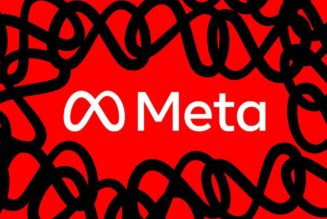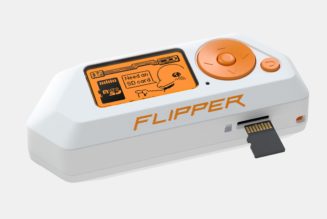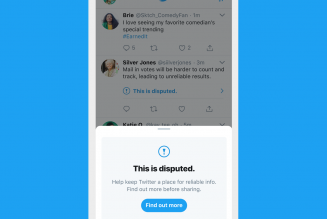We’ve shown you — repeatedly, both with data and anecdotally — that the internet is broken in the United States. We pay more for less and deal with lots of bullshit. And one huge reason is that the wolves guard the henhouse. The FCC has relied on internet service providers themselves to truthfully say which houses they cover, data that the FCC didn’t audit.
So if you think internet access is important, do every like-minded person a favor: type your address into the FCC’s long-awaited new broadband maps and see if internet service providers are lying about offering coverage to your home. If so, hit the little “Availability Challenge” button and submit your proof.
Today, the FCC has finally put the first “pre-production draft” version of its new interactive broadband maps up on the web, and they’re absolutely better in one way — they no longer automatically assume you’re covered just because a single home somewhere in your census tract got internet. (Yes, that’s really how it worked before.) Now, you can see each individual address and hit a button to challenge what ISPs are reporting to the government.
Unfortunately, you will probably need to participate here (and / or make a stink politically) if you want this map to actually be accurate. Because, as dedicated broadband reporters like Nicole Ferraro and Karl Bode have been warning, the new maps still rely on the ISPs to be truthful. Heck, the CEO of the company who built them for the FCC, CostQuest, admitted they depend on “how well the broadband providers actually report.” And I think I can already see some inaccuracies on my block.
:format(webp)/cdn.vox-cdn.com/uploads/chorus_asset/file/24210049/chrome_MClf04jPB5.png)
You also won’t find actual internet speeds in the map, just the maximum advertised speeds of each tier that an ISP claims it’ll sell to your address.
Still, the new maps are something, and it is intriguing to filter by a particular type or speed of service and already see gaps. At the top of this post, you can see that even self-reported data shows that fiber has a long way to go.
The FCC acknowledges there’s much more to be done and that it needs your help. “While today marks an important milestone in the effort to create more granular and accurate broadband maps, this work is far from over,” reads part of a statement from FCC Chairwoman Jessica Rosenworcel. “Releasing this early version of the new maps is intended to kickstart an ongoing, iterative process where we are consistently adding new data to improve and refine the maps.”
This week, the FCC also released its final order on broadband nutrition labels. They’re coming! I’ll have another quick story about that soon.









